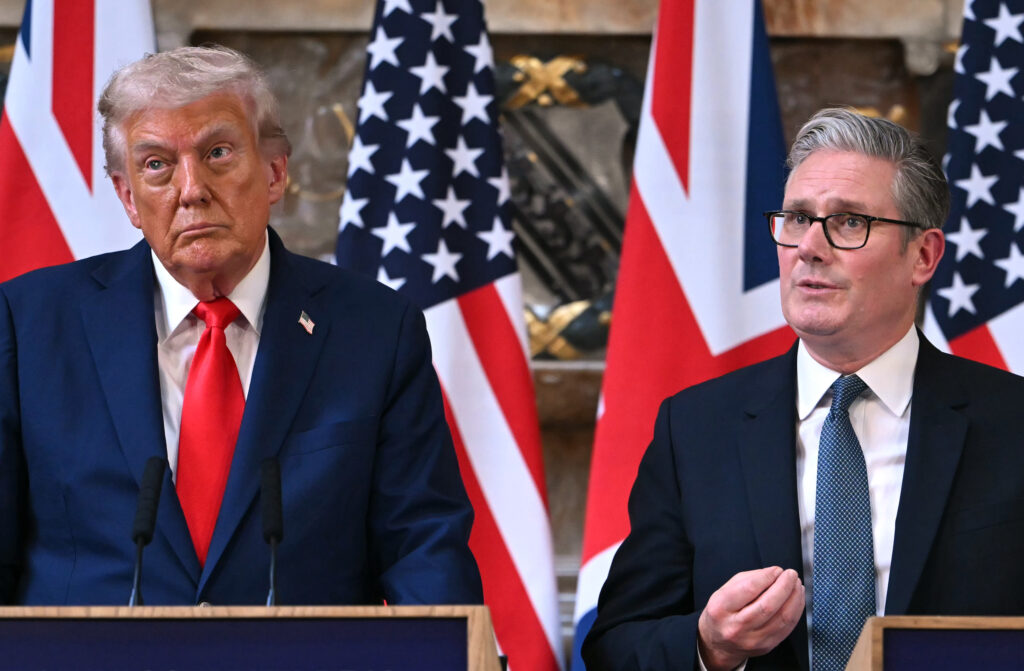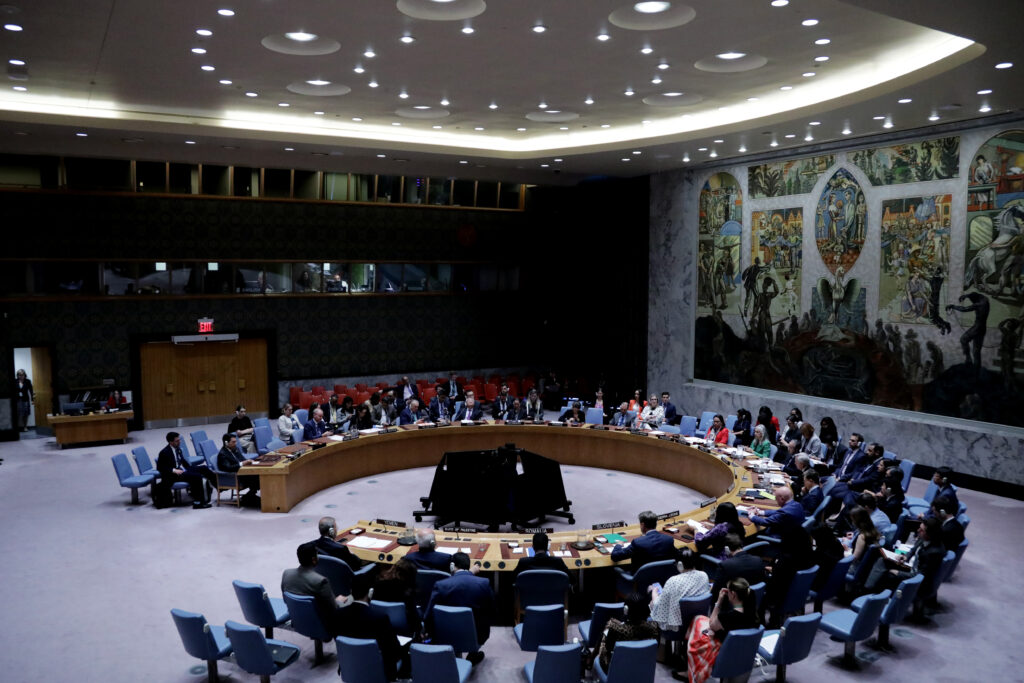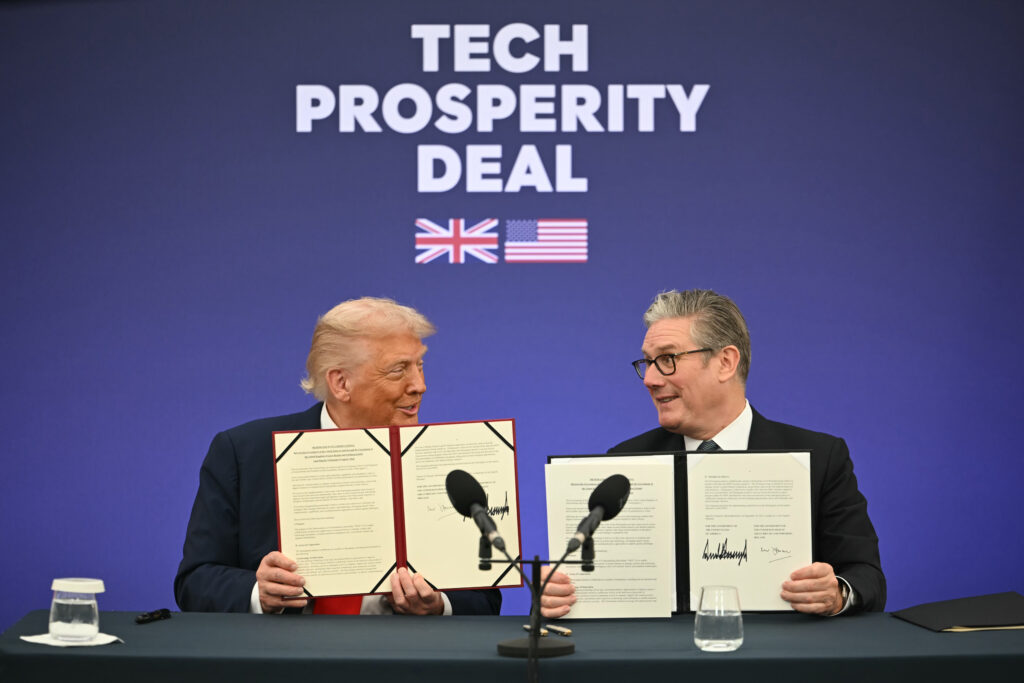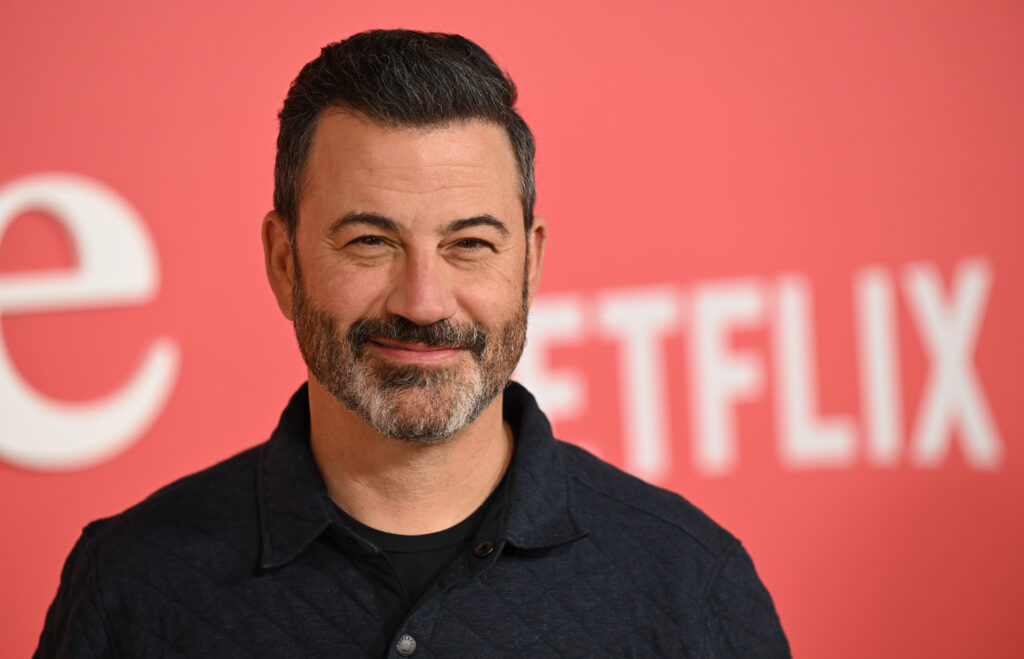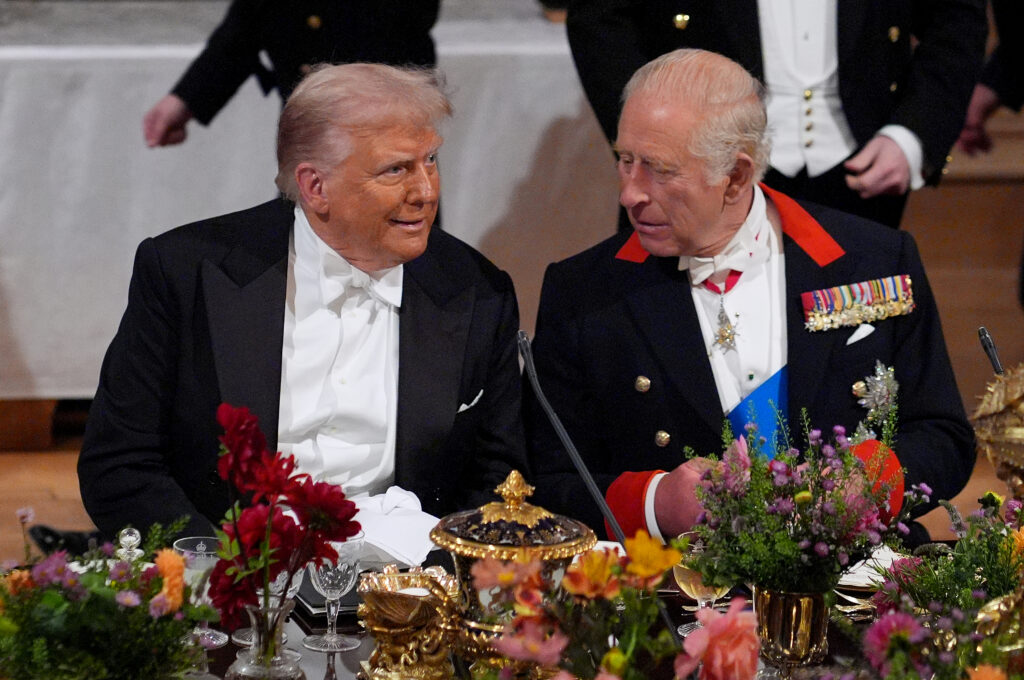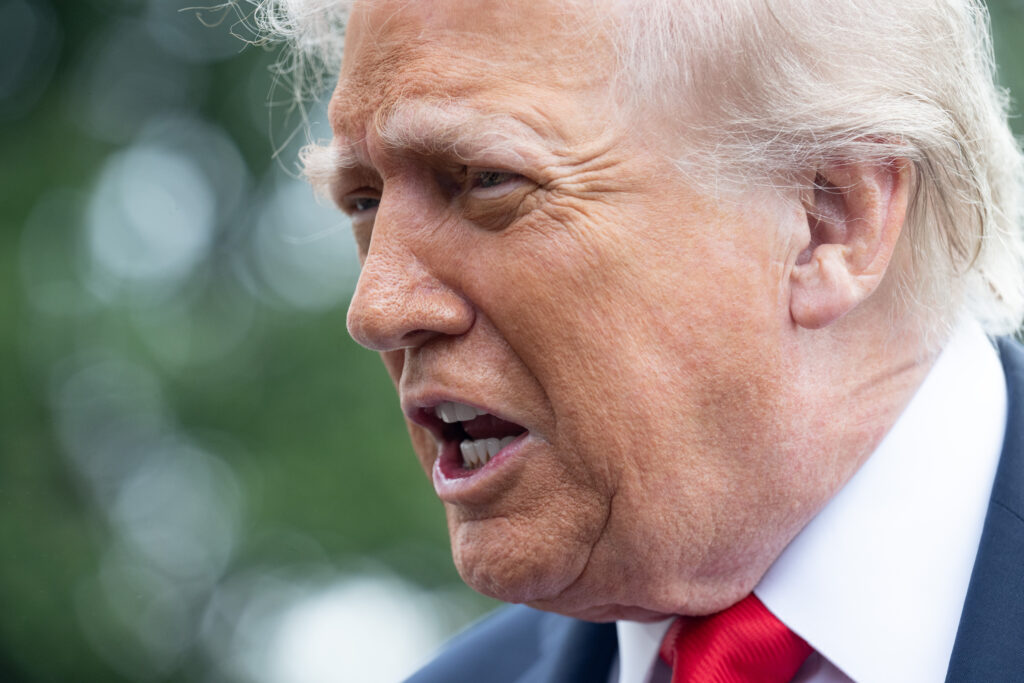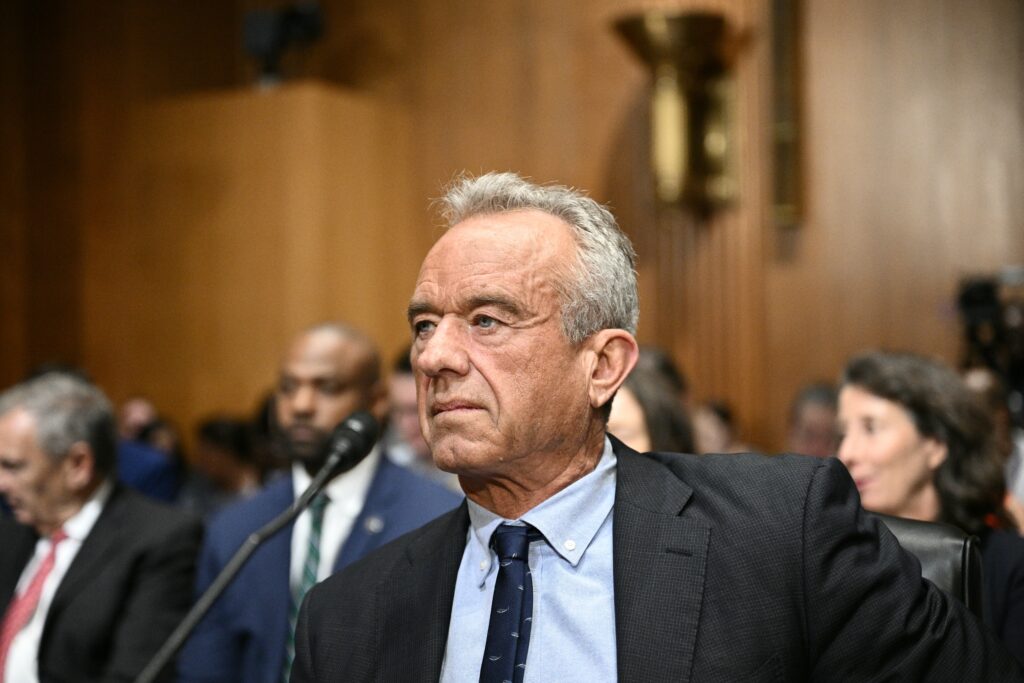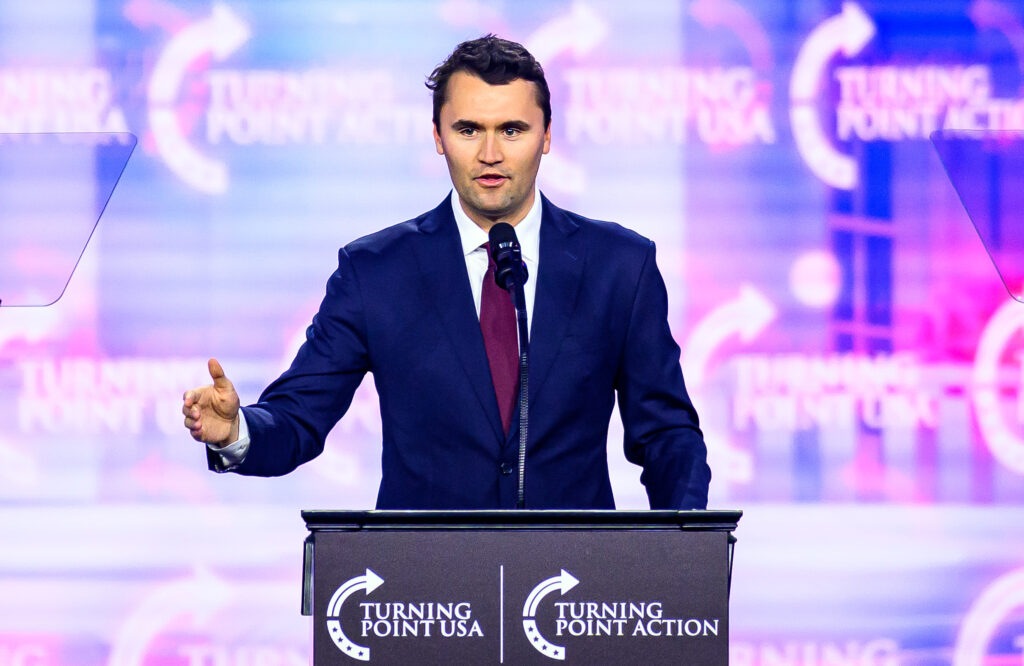Trump says Putin has ‘let me down’ as UK state visit ends
Donald Trump warned that Russia President Vladimir Putin had “really let me down” as he met Prime Minister Keir Starmer for wide-ranging talks on Thursday, the final day of the US president’s historic UK state visit.A day after King Charles III treated Trump to royal pageantry at Windsor Castle, the Republican flew to Starmer’s Chequers country residence for talks on thorny issues including the wars in Ukraine and Gaza.Starmer has positioned himself as a bridge between Trump and European allies, particularly on the war in Ukraine, in a bid to secure more commitments for Kyiv from the US leader.And his calls, repeated again on Thursday, for more international pressure on Putin appear to be gaining more traction with Trump, who slammed the Russian leader for continuing the war despite his efforts to stop the fighting. Trump told a post-talks press conference that he had thought the Ukraine conflict would be the “easiest” to end “because of my relationship with President Putin, but he’s let me down. He’s really let me down.”He urged European nations to stop buying Russian oil, saying that “if the price of oil comes down, Putin’s going to drop out of that war.”- ‘Unbreakable bond’ -Starmer’s warm tone with the 79-year-old Trump has won some leniency in the president’s tariff war, with the British leader saying Thursday the trade deal the two countries signed in May was the first by the US and also “the best”.But Trump said that the pair had “one of our few disagreements” about the UK’s plan to recognise a Palestinian state.The US leader also offered strong thoughts on illegal migration in the UK, revealing that “I told the Prime Minister I would stop it”, even if it meant calling in the military.Earlier in the day, Trump hailed America’s “unbreakable bond” with Britain as he and Starmer signed a huge tech deal, boosting ties in artificial intelligence, quantum computing and nuclear energy.At the signing ceremony attended by a host of US tech CEOs, Labour leader Starmer said he and Republican Trump were “leaders who genuinely like each other.”The deal comes on the back of pledges of £150 billion ($205 billion) of investment into the UK from US giants including Microsoft, Google and Blackstone.Trump had earlier said goodbye to King Charles at Windsor, calling him a “great gentleman and a great king” as he left the castle heading to Chequers.Appealing to Trump’s admiration for British wartime leader Winston Churchill, Starmer led the US president on a tour of Churchill artifacts at Chequers. Starmer is facing political troubles at home after sacking his ambassador to Washington, Peter Mandelson, over his connections to disgraced late financier Jeffrey Epstein.Sex offender Epstein has also haunted Trump over recent weeks, with further revelations about the pair’s relationship in the 1990s and early 2000s.- ‘Highest honours’ -Having negotiated the potentially perilous press conference relatively unscathed, Starmer can claim some justification for granting Trump an unprecedented second state visit, with investment deals and deepening alignment on Ukraine to show for the diplomatic effort.Trump was Wednesday lavished with the full pomp and circumstance of the British state — the second time it has done so, after his first visit in 2019.”This is truly one of the highest honours of my life,” Trump said at the state banquet. The king meanwhile hailed Trump’s peace efforts and support of Ukraine, after a day featuring gun salutes, soldiers on horseback, and bagpipes, all designed to appeal to the US president’s fascination with royalty.But he also stressed to Trump the need to protect the environment for “our children, grandchildren, and those who come after them”.Melania Trump remained in Windsor on Thursday morning, where she met scouts with Princess Catherine, and viewed Queen Mary’s Doll’s House with Queen Camilla.The US first lady’s husband was kept far from the British public, with an estimated 5,000 people marching through central London Wednesday to protest against his visit.Trump was due to return to Washington later Thursday.
